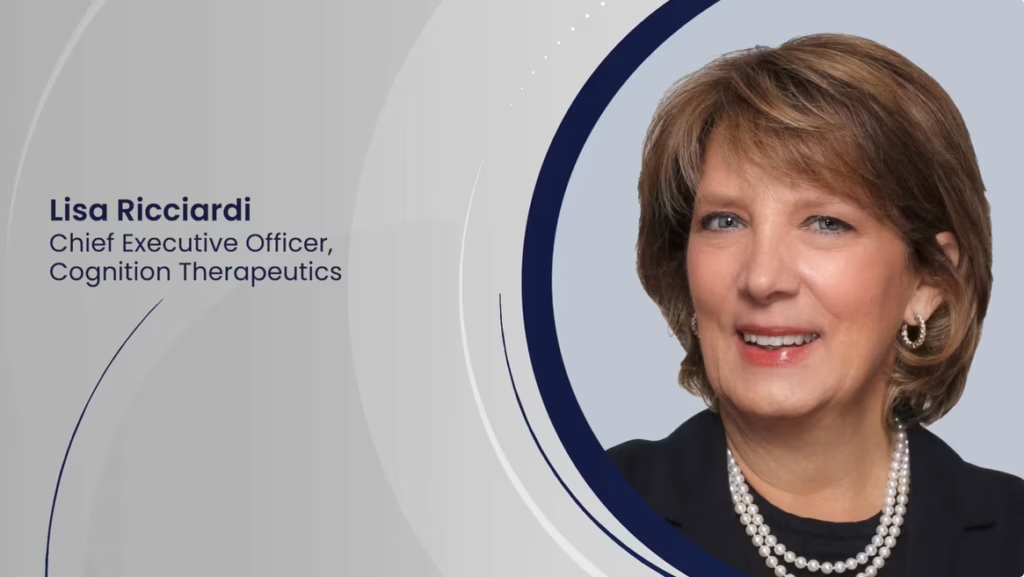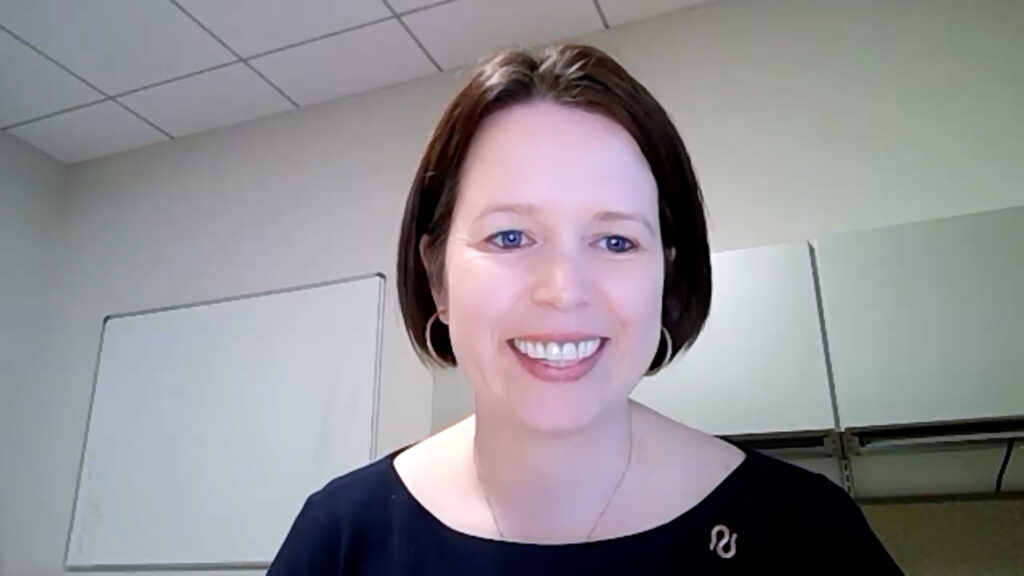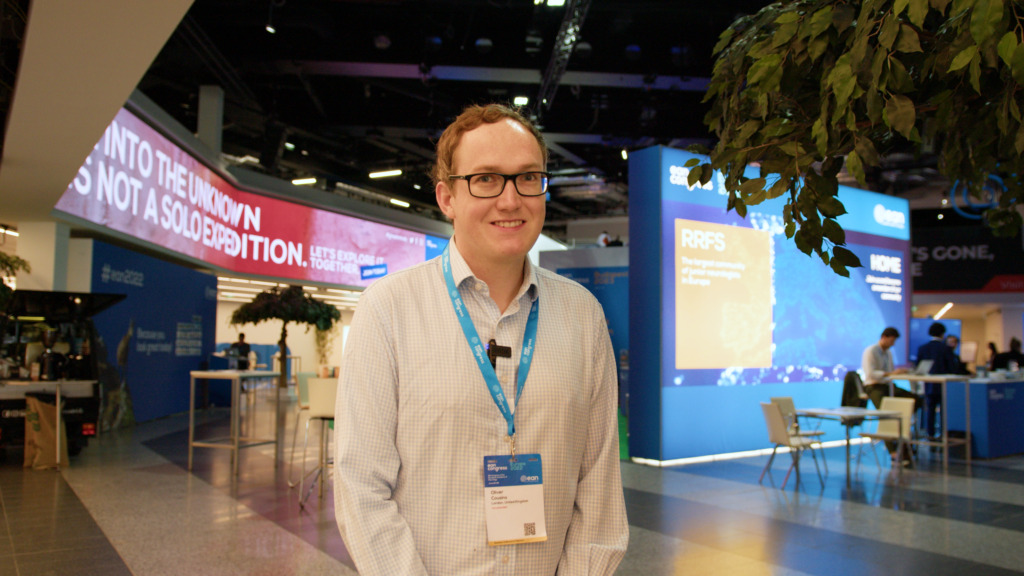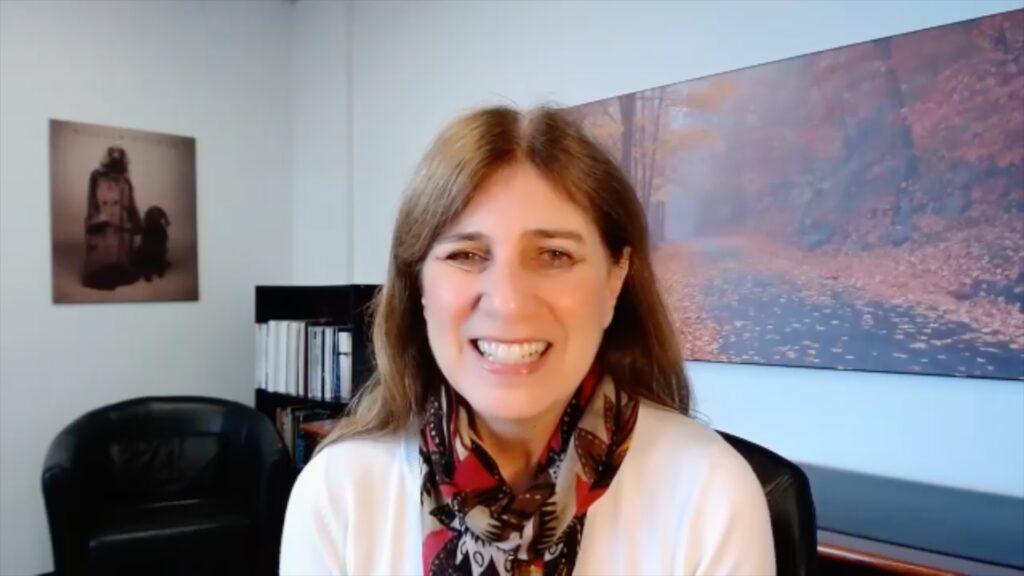 Alzheimer’s dementia is the most common form of dementia, accounting for over half of all cases. As a progressive condition, its symptoms worsen over time, profoundly affecting individuals and their families. Yet, beyond the clinical challenges, people living with Alzheimer’s often face another significant barrier—stigma. Misconceptions and stereotypes surrounding the disease can lead to social exclusion, misunderstanding and obstacles to receiving proper care and support.
Alzheimer’s dementia is the most common form of dementia, accounting for over half of all cases. As a progressive condition, its symptoms worsen over time, profoundly affecting individuals and their families. Yet, beyond the clinical challenges, people living with Alzheimer’s often face another significant barrier—stigma. Misconceptions and stereotypes surrounding the disease can lead to social exclusion, misunderstanding and obstacles to receiving proper care and support.
Alzheimer Europe, an umbrella organisation representing 41 national Alzheimer’s associations across 36 European countries, is committed to changing perceptions, shaping policy and improving the lives of those affected by dementia.
In this Q&A, Dianne Gove, PhD, Director for Public Involvement and Ethics at Alzheimer Europe discusses the impact of stigma on the quality of life of people living with dementia, explores strategies for raising awareness and challenging misconceptions, and highlights the role of healthcare professionals and Alzheimer Europe’s key initiatives in combating stigma, including plans for 2025.
Why does stigma around Alzheimer’s dementia persist?
The stigma surrounding Alzheimer’s dementia (AD) persists because of the meanings that continue to be associated with it. These meanings (i.e. how people make sense of AD) are typically linked to some form of perceived threat or danger e.g. to personal identity, dignity, personhood, independence, financial security, relationships, social status and society. Despite recent developments in diagnosis, treatment and care, perceptions and portrayals of AD still often focus on advanced AD, and thus perpetuate misunderstanding and fears about what it means to have AD.
How does stigma impact the quality of life of people living with dementia, particularly in terms of relationships, social interactions and their willingness to speak openly about their diagnosis?
Stigma can impact on quality of life as a result of shame, loss of self-esteem, loss of social status and the consequences of negative stereotyping, coupled with social distancing by friends and relatives. Carers and families (including families of choice) may also experience “stigma by association”, especially in close-knit communities or where the stigma of AD is particularly strong. Stigma can lead to people hiding their diagnoses and difficulties they are experiencing (or trying to with the stress that this entails), reducing their everyday activities and withdrawing from social/community life. This, in turn, can have an impact on their relationships, employment and physical and mental wellbeing. People are, however, increasingly challenging the stigma of AD. Well-known public figures who have dementia can also contribute towards challenging stigma and breaking the vicious cycle of shame and social exclusion resulting from it.
Can you tell us about the work of Alzheimer Europe in challenging and combating stigma, including any key initiatives or awards planned for 2025?
Alzheimer Europe strives to overcome the stigma of dementia. We challenge negative stereotypes and bias surrounding AD, promoting a more balanced portrayal of this condition and the impact it has on people’s lives. Important work in this area includes the ethics report on the perceptions and portrayal of dementia, as well as the guidelines on respectful communication, which were developed with the European Working Group of People with Dementia (EWGPWD). AE also publicly recognises some of the excellent work that individuals have done to help combat the stigma of dementia, and this will continue in 2025 with the anti-stigma awards. After awarding a journalist in 2024, the focus will be on art and will award an author, artist or photographer. Finally, AE meaningfully involves the members of the EWGPWD in European dementia research through Public Involvement work and the Chair of the EWGPWD is a member of the AE Board with full voting rights.
What strategies can people living with dementia use to challenge stigma and promote greater awareness of the disease within their communities?
Speaking openly about dementia and maintaining social contacts and relationships can help break the taboo and shame associated with this condition. Similarly, focusing on remaining capacities rather than on deficits, and emphasising what people with dementia have in common with others, can help diminish fear surrounding the condition, challenge negative stereotypes and reduce the sense of “them” and “us” which is central to stigma. It is nevertheless important to respect people’s individual choices about whether or not, and with whom, to be open about having dementia.
How can healthcare professionals play a role in reducing stigma around Alzheimer’s disease?
Healthcare professionals can play an important role in reducing AD stigma by approaching the topic proactively, in a clear, direct and sensitive manner, and by using appropriate terminology rather than euphemisms that are open to interpretation and may fuel negative stereotypes and fear. Providing details of organisations and services that can provide further support may also help people to be more open about having the condition and to perceive dementia as a medical condition amongst others and not as a natural part of ageing or a stigma.
Disclosures: This short article was prepared by touchNEUROLOGY and Alzheimer’s Europe. No fees or funding were associated with the publication of this article.
SIGN UP to touchNEUROLOGY!
Join our global community today for access to thousands of peer-reviewed articles, expert insights, and learn-on-the-go education across 150+ specialties, plus concise email updates and newsletters so you never miss out.
Click here to REGISTER NOW >>>














